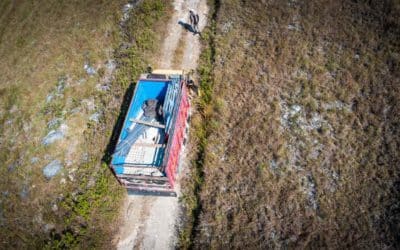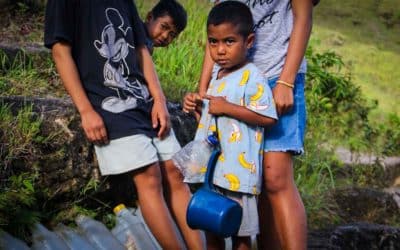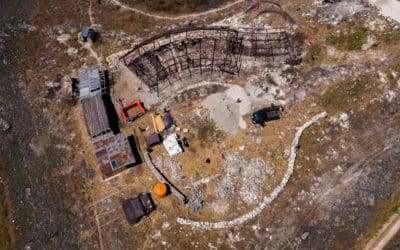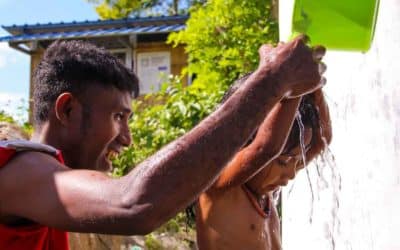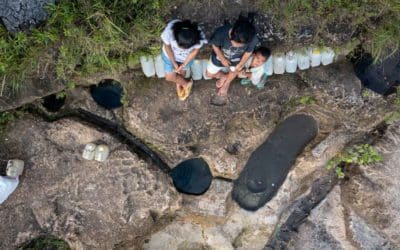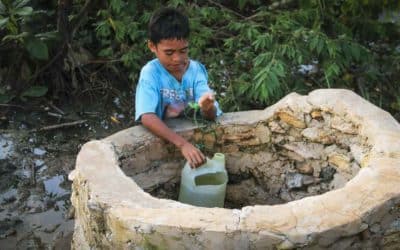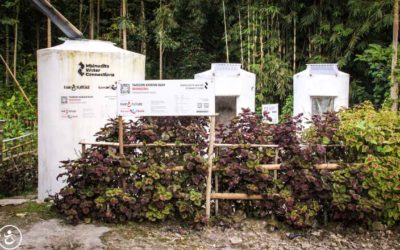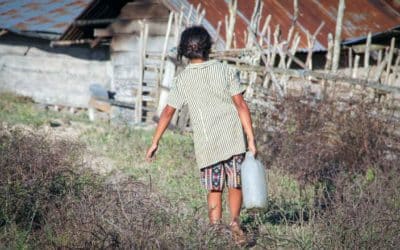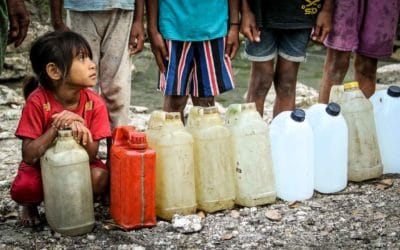This new "Picture of the Day" shows you the truck climbing the steep slope that leads to the village of Laindatang, which is ultra isolated, where a hundred families live without electricity, water, and very little food. This first truck transports construction materials and healthy sanitary facilities, which our teams have manufactured at the Rumah Kambera base camp.
We're excited to announce a significant milestone in our mission to create a positive impact! Despite facing difficult conditions and encountering broken promises, our unwavering dedication to improving the lives of impoverished villagers has prevailed. After days of arduous road repairs, we are proud to share that a truck laden with essential construction materials has finally reached the remote village of Laindatang. This remarkable achievement, made possible through the unwavering support and resilience of the villagers, marks a crucial step in providing vital resources and support to a community lacking necessities.
The road to the village presented numerous challenges, with its treacherous slopes and slippery terrain. Our team, armed with determination and their bare hands, overcame these obstacles with unwavering resolve. Though we encountered setbacks, including a failed attempt and broken bolts, our determination never wavered.
Two months ago, we were promised assistance by the department responsible for road infrastructure, but regrettably, their support never materialized. Nevertheless, we refused to be deterred from our mission of bringing essential resources and support to the impoverished villagers, who live in extreme poverty, deprived of electricity, clean water, and sanitation facilities – Ref: Water Connections Program here.
Yesterday, as the truck conquered the treacherous slopes, an overwhelming sense of joy and accomplishment washed over us. It was a moment that infused hope and happiness into the previously isolated village of Laindatang. I was moved to tears, knowing that I had dedicated nearly a year of my life to bringing this project to fruition.



